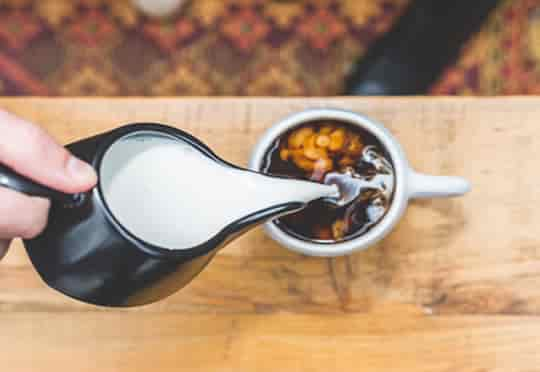The warning signs that suggest you are at risk of developing fatty liver disease.
Accumulation of fat in the liver can cause non-alcoholic fatty liver disease (NAFLD), a condition seen in overweight or obese people.
NAFLD is not caused by alcohol, but if untreated could lead to cirrhosis resembling the liver damage from too much drinking.
However, foods and beverages containing alcohol or sugar can aggravate the condition, so the advice is to limit intake.
NAFLD is the most common liver disorder globally.
About 70 percent of people with obesity, 60 percent with diabetes, and 20 percent with a healthy weight have this condition.
The human liver normally contains some fat, but when fat is above 5 percent of the liver’s weight, then fatty liver disease may develop.
In the early stages, NAFLD usually does not show any symptoms but it can be detected by a liver function test from the blood sample.
The warning signs appear when it progresses to non-alcoholic steatohepatitis (NASH) or fibrosis in which the liver has become inflamed.
A person with NASH may feel:
- extremely tired,
- fatigued,
- a pain in the top-right of the belly over the lower-right side of the ribs,
- and losing weight for no reason.
Prolonged fibrosis and persistent inflammation will cause cirrhosis where the liver is severely scarred and damaged.
The permeant damage can lead to liver cancer, liver failure, and in the end death.
The symptoms for cirrhosis may include:
- itchy skin,
- oedema (swelling in the legs or tummy),
- and jaundice (the skin and whites of the eyes turn yellow).
We don’t know how a benign fatty liver develops into a serious conditions such as non-alcoholic steatohepatitis and liver fibrosis.
To understand the process, researchers carried out a genetic analysis of the hepatocyte, the main functional cells in the liver.
Professor Stephan Herzig, the study’s co-author, said:
“Understanding the mechanism by which this condition becomes life threatening is key in our quest for the discovery of therapeutic solutions and preventative measures.”
The research team developed a method targeting particular nodes in the protein network to stop the disease progressing or even avoid fibrosis.
A network of proteins called ‘transcription factors’ are involved in the process of the hepatocyte reprogramming.
Failure in the process could result in hepatocyte cell dysfunction.
For example, during NASH development the hepatocyte cells lose their identity.
Dr Ana Alfaro, the study’s first author, said:
“These findings are important because they unravel the cellular mechanisms underlying non-alcoholic steatohepatitis.
Knowing about the role of the protein networks and the identity loss of hepatocytes gives us potential intervention targets for the development of effective therapies.”
The study was published in the journal Cell Metabolism (Loft et al., 2021).










